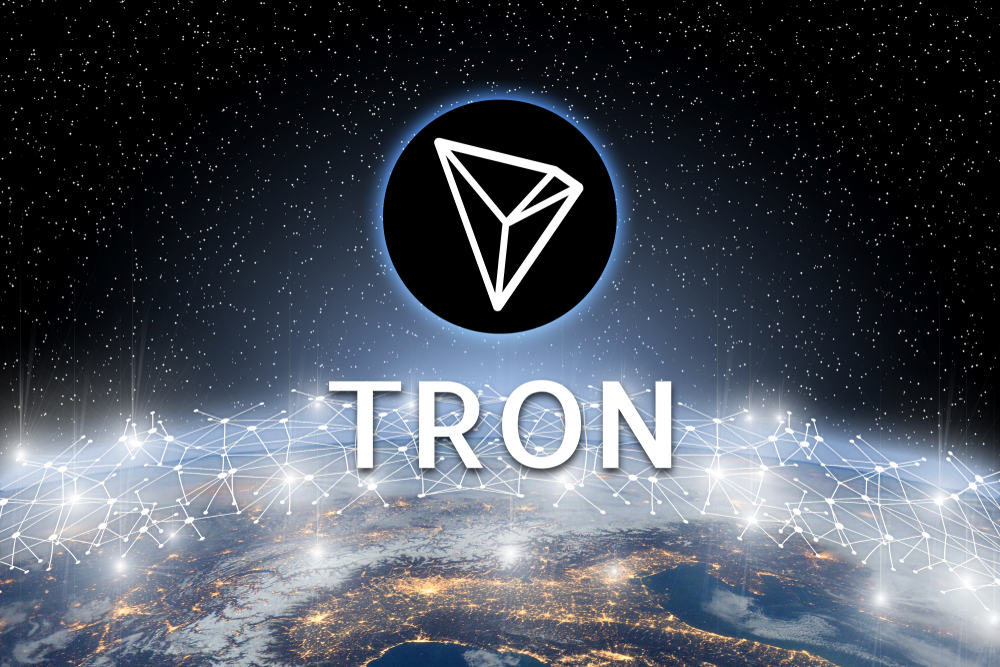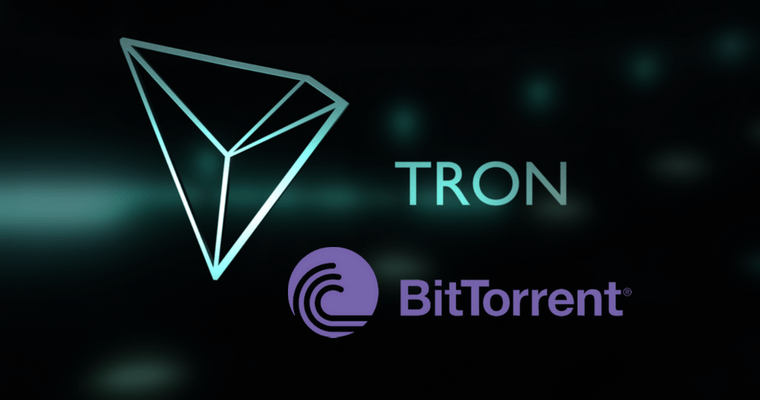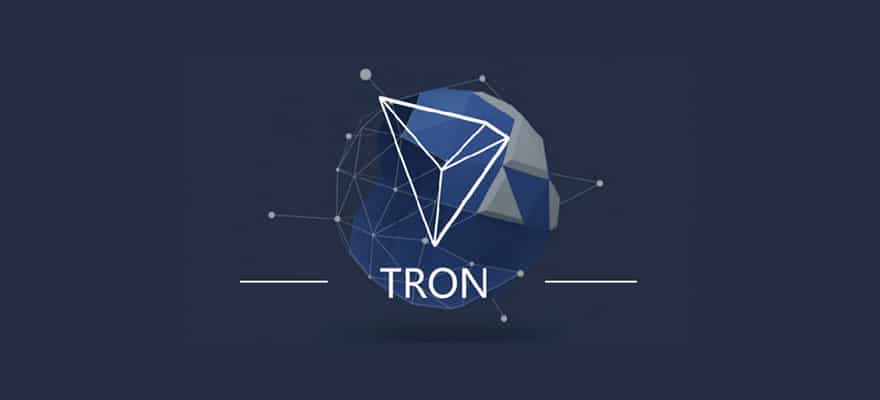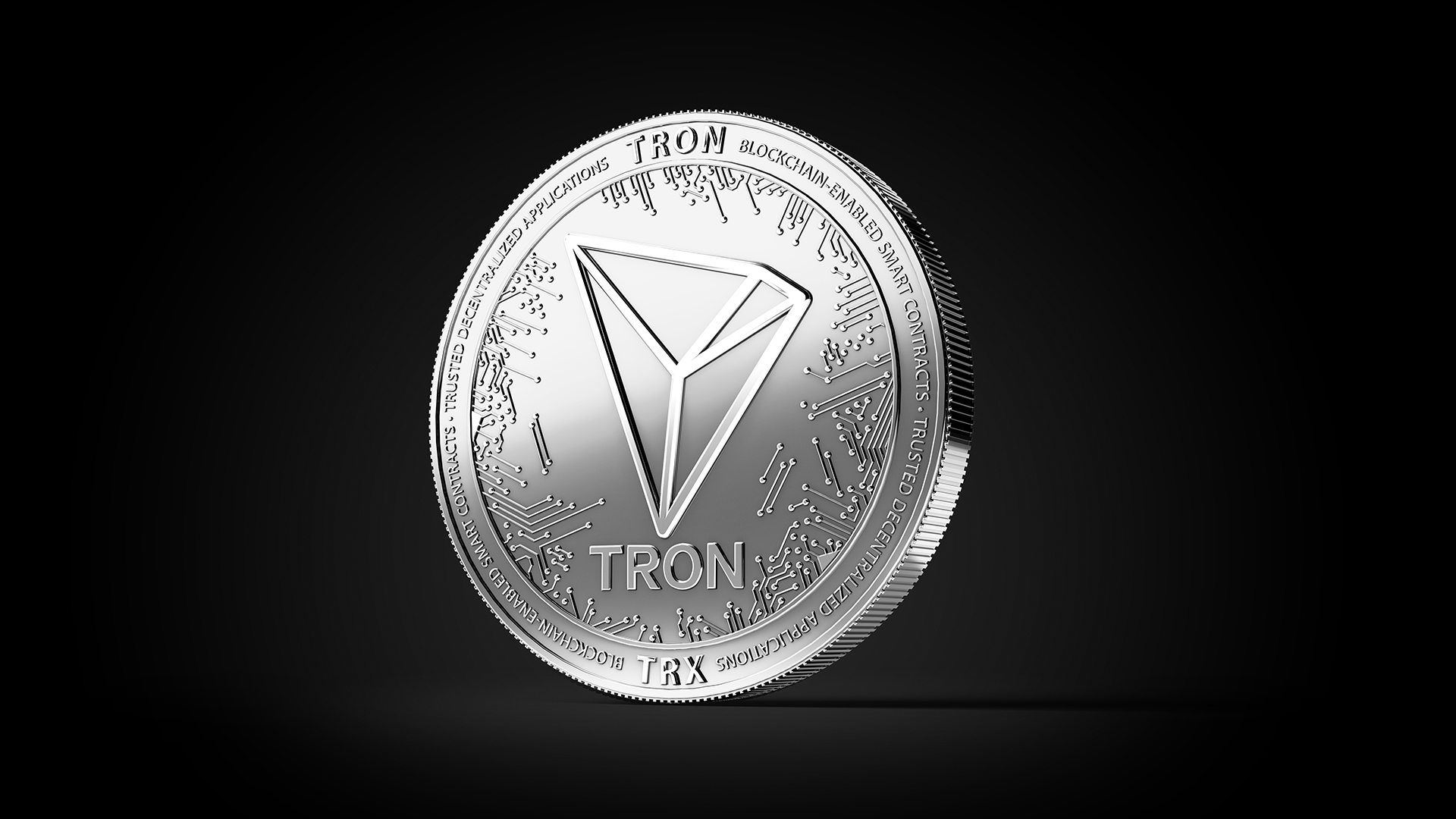Deep Review of Tron Blockchain Network
Introduction
Tron is a blockchain-based decentralized platform that aims to build a free, global digital content entertainment system with distributed storage technology. Founded by Justin Sun in 2017, Tron seeks to decentralize the web and offer a platform for developers to create and distribute content without the need for intermediaries.
Key Features
Scalability
Tron claims to have high throughput, capable of handling over 2,000 transactions per second. This high transaction speed is achieved through the use of a Delegated Proof-of-Stake (DPoS) consensus mechanism.
Smart Contracts
Tron supports the creation and execution of smart contracts using Solidity, making it compatible with the Ethereum Virtual Machine (EVM). Developers can build decentralized applications (dApps) on the Tron network.
Decentralized Applications (dApps)
Tron provides a platform for developers to build and deploy decentralized applications. Popular dApps on Tron include decentralized exchanges, gaming platforms, and social media applications.
Token Support
Tron's native cryptocurrency is TRX, used for transactions and as a reward for participating in the network. Additionally, Tron supports the creation of custom tokens (TRC-10 and TRC-20 tokens) on its blockchain.
Consensus Mechanism
Tron initially used a Delegated Proof-of-Stake (DPoS) consensus mechanism but later transitioned to a Delegated Proof-of-Stake mechanism, known as Delegated Proof-of-Stake (DPoS). This mechanism involves a small number of elected nodes (delegates) validating transactions and securing the network.
Virtual Machine
Tron Virtual Machine (TVM) is fully compatible with the Ethereum Virtual Machine (EVM), allowing developers to deploy smart contracts written in Solidity on the Tron network. This compatibility makes it easier for Ethereum developers to migrate their projects to Tron.
Sun Network
The Sun Network is a scaling solution for the Tron network, designed to increase transaction speeds and reduce costs. It consists of various layers, including DAppChain for sidechains, Cross-chain Infrastructure, and more, to enhance the overall performance of the network.
Governance
Tron's governance model involves the community participating in decision-making processes through voting. TRX holders can vote for Super Representatives who play a crucial role in block production and network governance.
BitTorrent Integration
The acquisition of BitTorrent has enabled Tron to expand its decentralized file-sharing capabilities. By integrating BitTorrent's peer-to-peer technology with Tron's blockchain, users can earn TRX tokens by seeding files and contributing to the network.
Staking Rewards
Tron allows users to stake their TRX tokens to earn staking rewards. By participating in staking, users can help secure the network and earn additional TRX as a reward for their contribution.
Decentralized Applications (DApps)
Tron supports a wide range of decentralized applications (DApps) across various industries, including gaming, finance, and social media. Developers can build and deploy DApps on the Tron network, benefiting from its high transaction throughput and low fees.
Community Engagement
Tron has a strong community of developers, users, and supporters who actively contribute to the growth of the ecosystem. Community initiatives, hackathons, and events help foster collaboration and innovation within the Tron community.
Acquisition of BitTorrent
Tron's acquisition of BitTorrent in 2018 was a significant move that further solidified Tron's position in the blockchain and decentralized technology space. By acquiring BitTorrent, Tron gained access to one of the largest decentralized file-sharing networks in the world, with millions of active users.
This acquisition allowed Tron to integrate BitTorrent's technology into its platform, enhancing its capabilities for decentralized file-sharing and expanding its user base. The integration of BitTorrent technology also provided Tron with new opportunities for innovation and development, as well as access to BitTorrent's experienced team of developers.
Overall, the acquisition of BitTorrent was a strategic decision that helped Tron strengthen its position in the market and enhance its offerings for users. The synergies between Tron and BitTorrent have paved the way for new possibilities in decentralized technology and have contributed to Tron's growth and success in the blockchain industry.
Limitations of Tron Blockchain Network
- Centralization Concerns: Despite efforts to decentralize, Tron has faced criticism for its governance structure and control over key network decisions.
- Security Vulnerabilities: Like any blockchain network, Tron is susceptible to security breaches, smart contract bugs, and potential vulnerabilities that could impact user funds and data.
- Scalability Challenges: While Tron boasts high throughput, scalability remains a concern as the network grows and faces increasing transaction volumes.
- Network Congestion: During periods of high activity, Tron's network can experience congestion, leading to slower transaction processing times and higher fees.
- Limited Adoption: Despite its features, Tron has yet to achieve widespread adoption compared to other blockchain networks like Ethereum or Binance Smart Chain.
- Regulatory Risks: Tron's operations may be subject to regulatory scrutiny and compliance challenges, especially in jurisdictions with strict cryptocurrency regulations.
- Perceived Lack of Transparency: Some critics have raised concerns about the transparency of Tron's operations, including token distribution, governance decisions, and project developments.
- Competition: Tron faces competition from other blockchain networks offering similar features and services, which could impact its market position and growth potential.
- Ecosystem Fragmentation: The diversity of dApps and projects on Tron's network may lead to ecosystem fragmentation, making it harder for users to discover and engage with applications.
- Market Volatility: Tron's native token TRX is subject to market volatility, which can impact user investments and the overall stability of the network.

Potential Partnerships for Tron Blockchain
- Payment Processors: Partnering with established payment processors like PayPal, Square, or Stripe could facilitate the integration of Tron as a payment option for merchants and online businesses.
- Tech Giants: Collaborating with tech giants such as Google, Amazon, or Microsoft could help drive adoption of Tron's technology for various applications, including cloud services, data storage, or decentralized applications.
- Financial Institutions: Forming partnerships with banks or financial institutions to explore use cases for blockchain technology in areas like remittances, asset tokenization, or cross-border payments could open up new opportunities for Tron.
- E-commerce Platforms: Partnering with e-commerce platforms like Shopify, WooCommerce, or Magento could enable seamless integration of Tron payments for online retailers and enhance the shopping experience for customers.
- Entertainment Industry: Collaborating with entertainment companies, streaming platforms, or gaming studios to leverage Tron's high-speed and low-cost transactions for in-game purchases, digital content distribution, or ticket sales could create new revenue streams for both parties.
- Supply Chain Management: Partnering with supply chain management companies to explore blockchain solutions for tracking and verifying product authenticity, ensuring transparency and efficiency in the supply chain process.
- Government Agencies: Collaborating with government agencies to implement blockchain solutions for identity management, voting systems, or public service delivery could showcase the potential of Tron in enhancing governance and citizen services.
- Non-Profit Organizations: Partnering with non-profit organizations to explore the use of blockchain technology for transparent donation tracking, fundraising campaigns, or social impact projects could help increase trust and accountability in the charitable sector.
- Education Institutions: Collaborating with universities or educational institutions to offer blockchain courses, research opportunities, or student projects related to Tron could foster innovation and talent development in the blockchain industry.
- Cross-Chain Compatibility: Exploring partnerships with other blockchain projects or interoperability protocols to enable cross-chain compatibility and facilitate seamless asset transfers between different blockchain networks.
These potential partnerships could help Tron expand its ecosystem, drive adoption of its technology, and explore new use cases across various industries.
Meanwhile, Tron has formed strategic partnerships with various companies and projects to enhance its ecosystem. Partnerships with Samsung, Opera Browser, and others have helped increase adoption and integration of Tron's technology.
Future Integrations
Tron's future integrations are crucial for its growth and adoption in the blockchain space. Here are some potential areas where Tron could see further integration and development:
- DeFi Ecosystem: Tron has been making strides in the decentralized finance (DeFi) space, with projects like JustSwap, Sun.io, and JustLink. Future integrations in the DeFi sector could include more decentralized exchanges, lending platforms, and yield farming opportunities on the Tron network.
- NFT Marketplaces: Non-fungible tokens (NFTs) have gained significant popularity, and Tron could explore more integrations with NFT marketplaces to support the creation, trading, and ownership of digital assets on its network.
- Cross-Chain Compatibility: Enhancing interoperability with other blockchains through cross-chain bridges or protocols could open up more opportunities for Tron users to interact with assets and applications on different networks seamlessly.
- Enterprise Solutions: Integrating with enterprise blockchain solutions could attract more businesses to leverage Tron's technology for supply chain management, tokenization of assets, and other use cases in various industries.
- Scalability Improvements: Further developments in scaling solutions, such as layer 2 protocols or sharding techniques, could enhance Tron's transaction throughput and efficiency, making it more competitive in handling a higher volume of transactions.
- Privacy Features: Integrating privacy-focused technologies like zero-knowledge proofs or ring signatures could enhance user privacy and confidentiality on the Tron network.
- Regulatory Compliance: Integrating tools and features to ensure regulatory compliance, such as identity verification solutions or anti-money laundering (AML) measures, could attract institutional investors and businesses looking for a compliant blockchain platform.
- Smart Contract Upgrades: Continuously improving the smart contract capabilities on Tron, including support for more programming languages, formal verification tools, and security audits, could enhance the trust and reliability of decentralized applications (dApps) built on the network.
- Community Governance: Implementing mechanisms for community governance, such as decentralized autonomous organizations (DAOs) or voting protocols, could empower Tron token holders to participate in decision-making processes and shape the future direction of the network.
- Cross-Border Payments: Exploring partnerships with payment providers or integrating stablecoins for cross-border payments could facilitate faster and more cost-effective transactions, especially for users in regions with limited access to traditional banking services.
Focusing on these potential areas for integration and development, Tron can further solidify its position in the blockchain space and attract a diverse range of users, developers, and businesses to its network.
Conclusion
In conclusion, Tron is a blockchain platform that offers a range of features and capabilities, including a delegated proof-of-stake consensus mechanism, compatibility with the Ethereum Virtual Machine, the Sun Network for scalability and interoperability, BitTorrent integration for decentralized file-sharing, staking rewards for users, support for decentralized applications (DApps), active community engagement, and ongoing developments to improve the platform.
Tron's focus on scalability, high transaction throughput, low fees, and user-friendly features make it a popular choice for developers and users looking to build and interact with decentralized applications. With a strong community and a commitment to innovation, Tron is well-positioned to continue growing and evolving in the blockchain space.
Disclaimer: This review is for informational purposes only and should not be considered as financial advice. Users are encouraged to do their own research before engaging with any DeFi project.







































